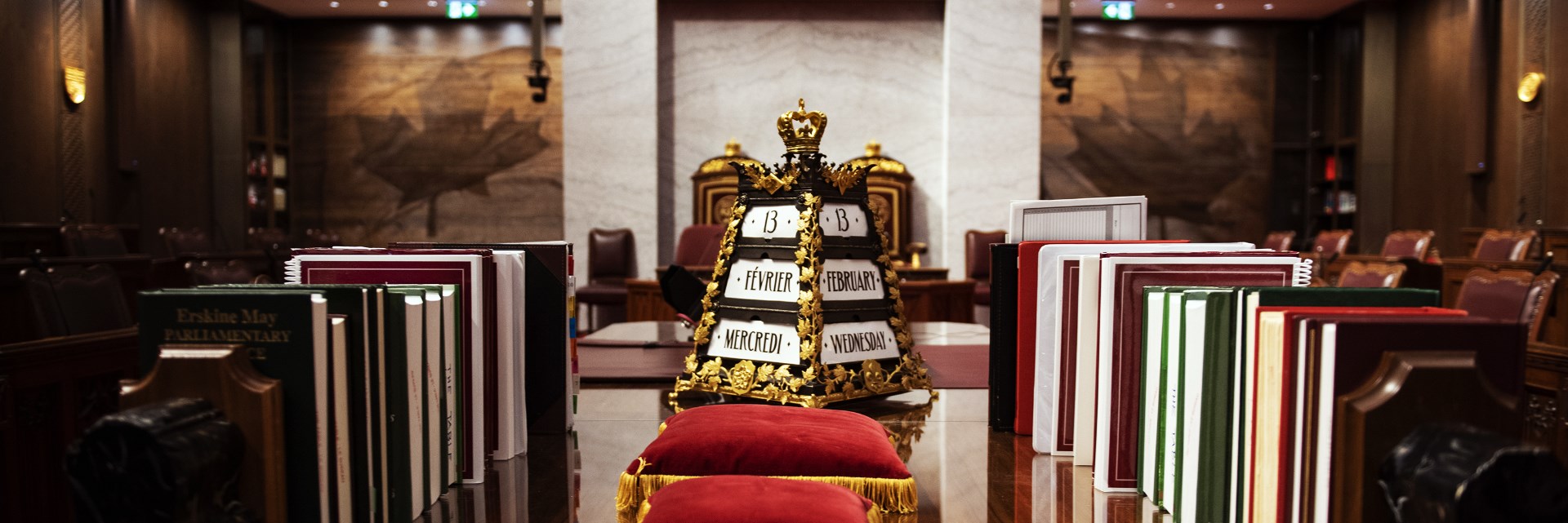Appendix IV: Procedure for Dealing with Unauthorized Disclosure of Confidential Committee Reports and Other Documents or Proceedings
(Extract from the Fourth Report of the Standing Committee on Privileges, Standing Rules and Orders of Thursday, April 13, 2000. The report was adopted by the Senate on June 27, 2000.)
(a) If a leak of a confidential committee report or other document or proceeding occurs, the committee concerned should first examine the circumstances surrounding it. The committee would be expected to report the alleged breach to the Senate and to advise the Chamber that it was commencing an inquiry into the matter.
(b) While the committee would be required to undertake an investigation of the circumstances surrounding the alleged leak, the means, nature, and extent would rest with the committee. As part of the inquiry, it is likely that the committee members, their staff, and committee staff could be interviewed. The committee would be engaged in a factfinding exercise - to determine, if it can, the source of the leak. The committee should also address the issue of the seriousness and implications - actual or potential - of the leak. The committee would be expected to undertake this inquiry in a timely manner.
(c) The committee investigation of the leak would not prevent any individual Senator raising a question of privilege in the Senate relating to the matter. As a general matter, however, and in the absence of extraordinary circumstances, it would be expected that the substance of the question of privilege would not be dealt with by the Senate until the committee had completed its investigation. Thus, if the Speaker finds that a prima facie case exists, any consequent motion would be adjourned until the committee had tabled its report.
(d) Individual Senators would also be able to raise questions of privilege in relation to the leak upon the tabling of the committee report. In other words, while ordinarily a question of privilege is to be raised at the first opportunity, no Senator would be prejudiced by awaiting the results of the committee's investigation. Similarly, no action or inaction or decision taken by the committee in relation to the matter would be determinative in respect of the Speaker's responsibility under the Rules of the Senate to determine whether or not a prima facie exists.
(e) In the event that a committee decided not to investigate a leak of one of its reports or documents, any Senator could raise a question of privilege at the earliest opportunity after the determination by the committee not to proceed in the matter. Similarly, if a committee did not proceed in a timely way, any Senator would be entitled to raise a question of privilege relating to the leak.
(f) When the committee concerned tabled its report, the matter would ordinarily be referred to your Committee by the Senate if it discloses that a leak occurred and that it caused substantial damage to the operation of the committee or to the Senate as a whole.

